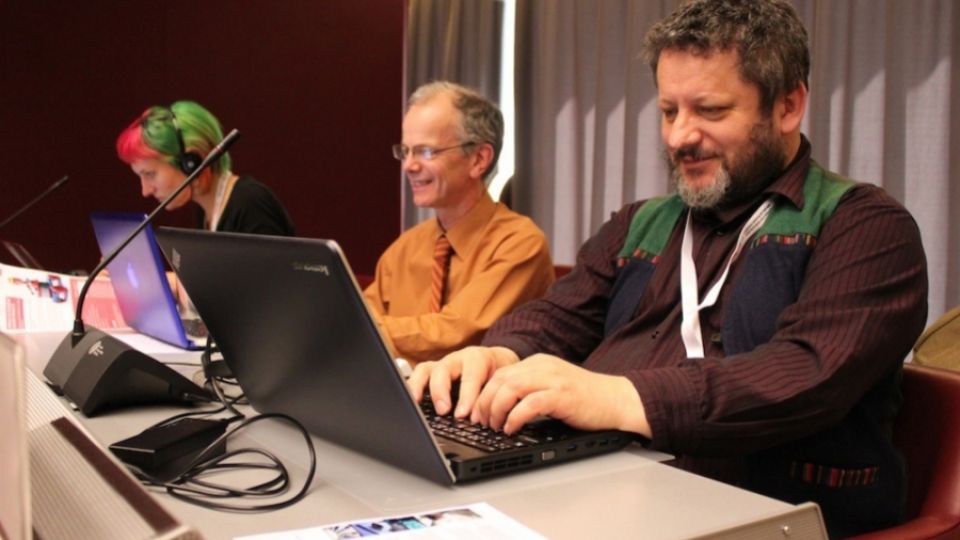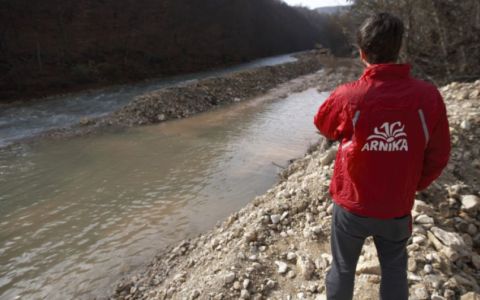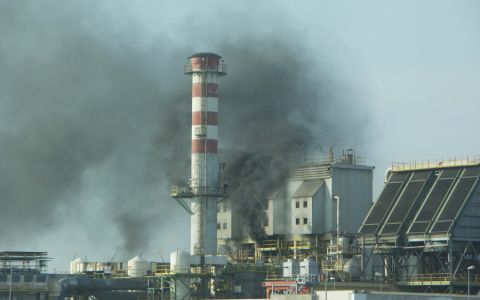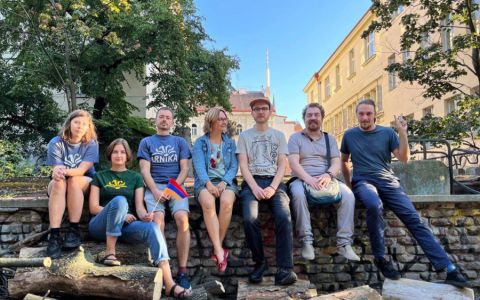An international group of experts attended meeting in Pretoria, South Africa, to discuss the future of technologies and practices relating to waste incineration, cement works, power stations and heating plants. The aim was to markedly reduce emissions of dangerous mercury, and its effects on the environment. IPEN, an international network made up of over 700 NGOs, was represented by Dr. Jindřich Petrlík of Arnika, who is also the head of the program called Toxics and Waste.
The result of negotiations over several days is a draft document that will help to fulfil the global mercury convention, entitled Minamata, after the location of one of the greatest tragedies that mercury caused. The document will then be used, for instance, in negotiations of integrated permits or assessing the influence on the environment of particular industrial plants in the Czech Republic.
The IPEN network (International POP´s Elimination Network), including Arnika, wants the document to more effectively check mercury leaks in all areas of the environment, including management of waste that contains mercury.
"In accordance with fulfilling this convention, we are also trying to prevent the increase of emissions of substances covered by other agreements, for instance those relating to dioxins," Dr. Petrlík added, explaining one of IPEN's aims in the negotiations.







